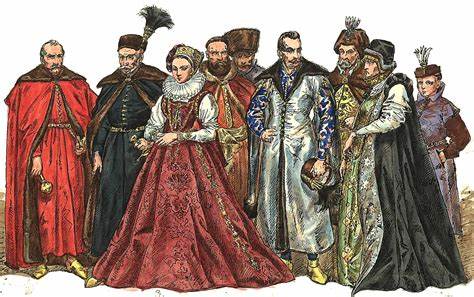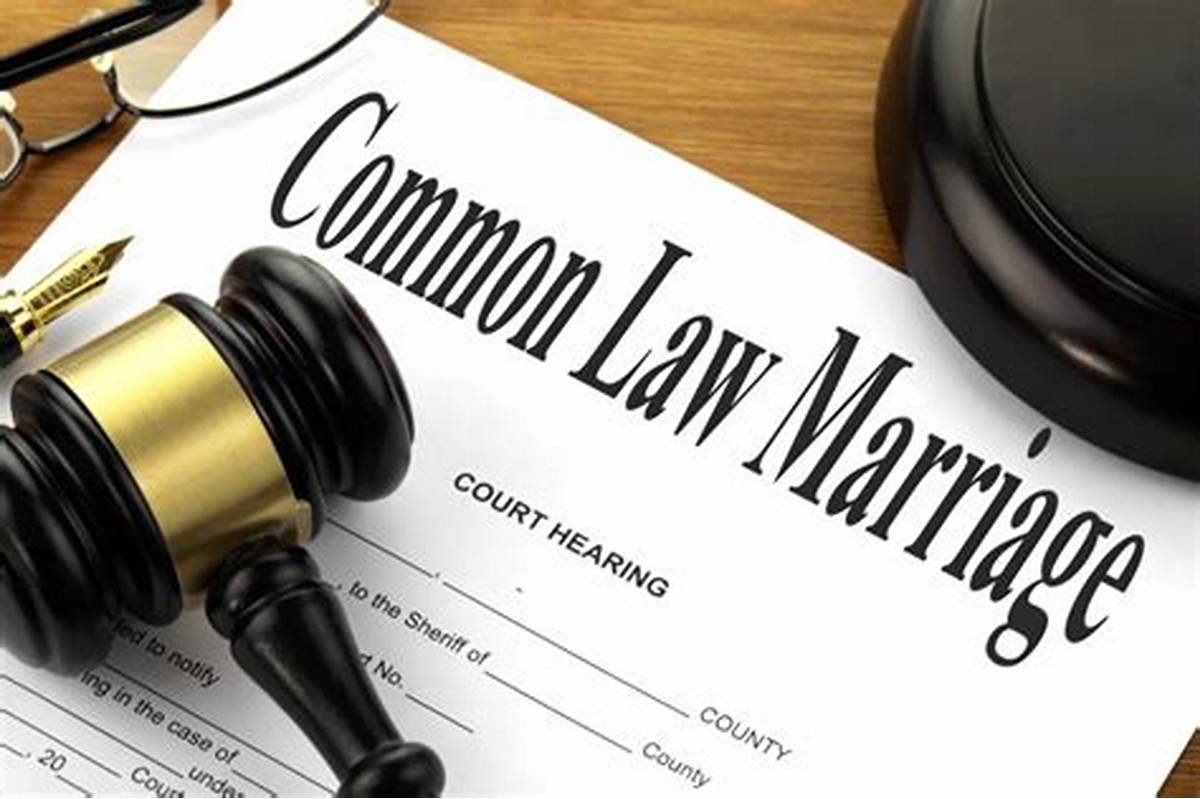
In the realm of political systems, oligarchies and monarchies stand as distinct forms of governance, each with its own unique characteristics and dynamics. While both involve concentration of power, they differ significantly in their structures, origins, and modes of rule. Let’s embark on a journey to understand how oligarchies and monarchies differ from one another.
Understanding Oligarchies and Monarchies
Oligarchies and monarchies are two differ types of political systems that influence the way a society is governed. Oligarchies involve a small group of individuals holding power, while monarchies involve rule by a single individual, usually a monarch or king/queen.
The Singular Heading Differentiating Governance Models
Central to our exploration is the concept of differentiating between oligarchies and monarchies. By understanding their distinctive features, we gain insights into how power is distributed and exercised in these systems.
Oligarchies Concentration of Elite Power
Oligarchies revolve around the dominance of a small elite group that holds significant influence over decision-making. These individuals, often wealthy or privileged, shape policies and control resources. Oligarchies can manifest as economic oligarchies, where economic power translates into political power, or political oligarchies, where a select few control political institutions.
Monarchies The Reign of Royalty
Monarchies, on the other hand, involve rule by a single individual, the monarch. This ruler’s authority is often hereditary, passed down through royal lineage. Monarchies can be absolute, where the monarch holds immense power, or constitutional, where the monarch’s authority is limited by a constitution or parliamentary system.
Modes of Succession
One of the primary differences lies in the mode of succession. Oligarchies do not necessarily have a defined succession mechanism, as power can be held by different elite members over time. In monarchies, succession follows royal lineage, with the heir of the monarch taking over the throne.
As we analyze the diverse spectrum of political systems, it becomes evident that oligarchies and monarchies represent contrasting approaches to governance. Oligarchies center around the rule of a privileged few, while monarchies revolve around the authority of a single ruler. By grasping the nuances of these differences, we gain a deeper appreciation for the diverse ways societies are governed and how power dynamics shape their trajectories.







